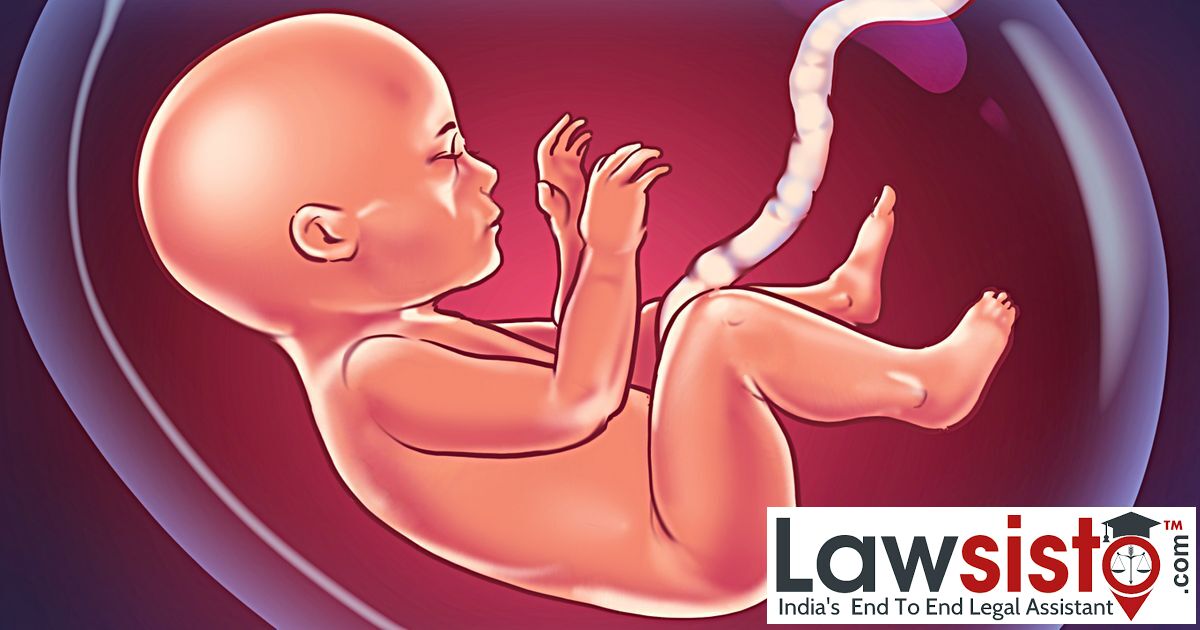Latest News
Cabinet passes the Assisted Reproductive Technology (Regulation) Bill

The Assisted Reproductive Technology (Regulation) Bill, 2020, was passed by the Lok Sabha on December 2nd, proposing the creation of a national registry and registration authority for all clinics and medical professionals working in the sector. Last year, the Union Cabinet passed the ART bill, which aims to establish minimum standards and codes of conduct for fertility clinics and egg/sperm banks. The government was slammed by opposition lawmakers in the Lok Sabha for barring live-in couples, single men, and the LGBTQ community from the scope of the Assisted Reproductive Technology (Regulation) Bill, 2021, calling it "discriminatory" and "patriarchal."
While passing the Bill, Health Minister Mansukh Mandaviya stated that the Government had taken into account many proposals made by the Standing Committee in order to improve the legislation. The bill aims to regulate and oversee Assisted Reproductive Technology (ART) facilities and ART banks, as well as to prevent misuse and promote safe and ethical practices.
About the ART Bill
The Assisted Reproductive Technology (Regulation) Bill, 2020 proposes to regulate and supervise assisted reproductive technology (ART) clinics and banks, as well as to prevent misuse, ensure the safe and ethical practice of ART services, and to consider items related to or incidental to ART services.
The Act's main benefit will be that it will regulate the country's Assisted Reproductive Technology services. Infertile couples will be more assured of the ethical methods in ARTs as a result. The oocyte donor should be covered by insurance and safeguarded from multiple embryo implantation, and children born through assisted reproductive technology should have all of the same rights as biological children.
According to the bill, a bank can receive sperm from individuals between the ages of 21 and 55. Between the ages of 23 and 35, females can donate oocytes. Only married women who have at least one living child are eligible to donate oocytes. A woman can only donate an oocyte once throughout her lifetime, according to the measure. According to the ART bill, ART clinics and banks must be registered with India's National Registry of Banks and Clinics. State governments are responsible for appointing registration officials during the procedure. The registration will be valid for five years, with the option to renew for another five.
Opposition in the Lok Sabha
Karti Chidambaram of the Congress, who introduced the Bill, described it as "Victorian" because it is not all-encompassing. It excludes individuals who cannot afford this costly process for a baby, and Chidambaram believes the government should consider assisting impoverished, childless parents who seek ART's assistance. He also urged that the government include lesbian, homosexual, bisexual, and transgender (LGBTQ) people in the Bill's scope. Dr. Heena Gavit of the BJP, who supports the bill, claims that it establishes basic standards and regulations of behaviour for fertility clinics and egg or sperm banks and that around 80% of ART clinics are not licenced. Sangeeta Azad of the BSP and Dastidar of the TMC both raised the problem of single parents and the LGTBQ community being excluded from using this technique.
Supriya Sule of the National Congress of Peoples (NCP) welcomed the Bill, saying that aside from couples, there is a diverse group of people in this country who wish to start a family, particularly the LGBTQ community and single guys. She claims that single men are unable to adopt a girl because of 2017 adoption restrictions, and hence are unable to profit from the provisions of this bill.
“This Article Does Not Intend To Hurt The Sentiments Of Any Individual Community, Sect, Or Religion Etcetera. This Article Is Based Purely On The Author's Personal Views And Opinions In The Exercise Of The Fundamental Right Guaranteed Under Article 19(1)(A) And Other Related Laws Being in force In India, For The Time Being. Further, despite all efforts that have been made to ensure the accuracy and correctness of the information published, Lawsisto Private Limited shall not be responsible for any errors caused due to human error or otherwise.”
Document:



































































































